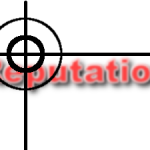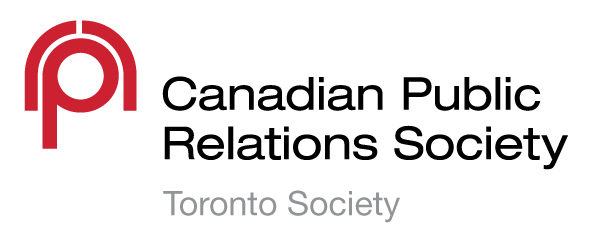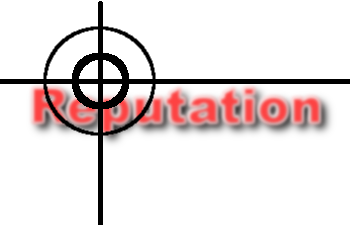 2015 has seen one the biggest cases of corporate fraud since Enron in 2001: the Volkswagen emissions scandal. By rigging the software system of their diesel vehicles so that they can successfully pass environmental tests, Volkswagen has not only broken the law in many jurisdictions but also blatantly lied to its customers and stakeholders. In doing so, VW tarnished two of the core values on which it had built its reputation since World War II: trust and integrity—technical reliability and safety being the others. Ironically, Volkswagen had been the least probable candidate in terms of corporate fraud in the public eye. Nobody would have expected such a breach of ethics from the German carmaker. The fact that recent news reports seem to confirm that the number of cars equipped with the test-rigging software system might have been overestimated does not lessen in anyway the initial intention to mislead. As a result, Volkswagen is facing its most severe reputation crisis since its implication with the Nazi regime over 70 years ago.
2015 has seen one the biggest cases of corporate fraud since Enron in 2001: the Volkswagen emissions scandal. By rigging the software system of their diesel vehicles so that they can successfully pass environmental tests, Volkswagen has not only broken the law in many jurisdictions but also blatantly lied to its customers and stakeholders. In doing so, VW tarnished two of the core values on which it had built its reputation since World War II: trust and integrity—technical reliability and safety being the others. Ironically, Volkswagen had been the least probable candidate in terms of corporate fraud in the public eye. Nobody would have expected such a breach of ethics from the German carmaker. The fact that recent news reports seem to confirm that the number of cars equipped with the test-rigging software system might have been overestimated does not lessen in anyway the initial intention to mislead. As a result, Volkswagen is facing its most severe reputation crisis since its implication with the Nazi regime over 70 years ago.
While there are too many facets to this scandal to be evoked in a single blog post, the Volkswagen story is sure to become a textbook example of what not to do—and what to do, if the recovery is well handled—in business management and public relations manuals. For us, public relations professionals, the VW story is interesting on many fronts: from crisis planning and crisis management to image restoration and the role of social media in fuelling and potentially helping to solve a crisis. Who hasn’t smiled at the joke circulating on social media platforms and turning the company’s well-known tagline “Volkswagen. Das Auto.” into a well-deserved “Volkswagen. Das Cheater.”? The story is also a compelling case from a professional ethics point of view. Public relations professionals pledge to never “knowingly disseminate false or misleading information.” Therefore, it must have been quite an ordeal for VW’s PR team to learn of their company’s breach of trust and to realise they had communicated information that was misleading all along—although unintentionally.
A recent Leger marketing survey conducted in October 2015 indicated that Volkswagen’s reputation score among Canadians (
VW crisis results in one of the lowest levels ever recorded in 18yrs of our Reputation Index!#reputation #vwscandal pic.twitter.com/fpzQueiyJF
— David Scholz (@dave_scholz) October 15, 2015
) has dropped 61 points from 44 to -17 pre- to post-crisis—one of the lowest scores ever recorded in 18 years of Leger’s reputation index. What is interesting, however, is that the survey paints a different picture among VW customers. Despite a 32-point drop, VW manages to earn a score of 62 points (down from 94, pre-crisis). VW customers, (https://twitter.com/dave_scholz/status/657550765045784576) seem to be less affected by the emissions scandal than Canadians as a whole. One of the reasons for this put forth by some experts is that the German carmaker might still be viewed by its customer base as a safe and reliable carmaker from an engineering standpoint despite the company’s breach of trust and ethics on the emissions file. Above all, this survey reinforces the fact that the VW scandal is complex and that the company’s stakeholders have been affected differently as it is usually the case. The fact that Volkswagen operates globally only adds to the complexity of the story and makes VW’s road to recovery even more compelling to watch.
As Volkswagen sales growth in Europe and North America has stalled, only time will tell whether or not VW remains in the ditch and for how long. The Volkswagen emissions scandal was most likely the worst PR crisis of 2015. What was the one that caught your attention and why? Tell us at #CPRSToronto.
Katia Collette, APR CPRS Toronto, Treasurer

